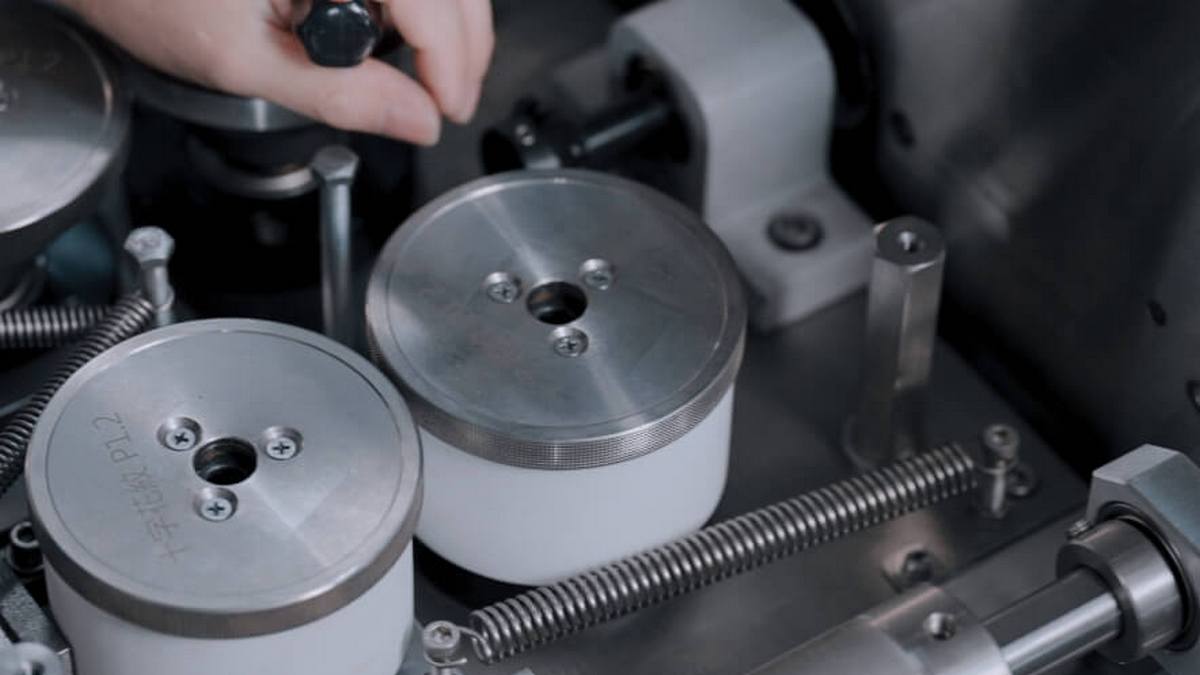Trends in Advanced Material Processing Technologies and High-Precision Machine Tool Development
In aerospace, automotive, and high-performance manufacturing industries, advanced alloys (such as titanium alloys and nickel-based superalloys) and composites (such as thermoplastic carbon fiber composites) are becoming mainstream due to their lightweight, high strength, and high-temperature resistance. By 2025, the global aerospace composite market is expected to expand rapidly with an annual compound growth rate of about 13.9%, driven by the demand for environmental protection and net-zero emissions, which will further innovate and apply thermoplastic composite technologies. These new materials present challenges such as high hardness, tool wear, heat management, and processing deformation control, requiring processing equipment to have higher rigidity, precision, and thermal stability. Additionally, the production process's demand for rapid prototyping, modular assembly, and recycling drives the simultaneous upgrading of materials and equipment.
Published: Aug 13, 2025
Intelligent Upgrades of Automated Machine Tools
With the waves of Industry 4.0 and 5.0, automated machine tools are integrating IoT, AI, and machine learning technologies for intelligent upgrades. AI-assisted process optimization, through data accumulation and analysis, can automatically adjust processing parameters, reduce material waste, and improve processing accuracy. For example, AI-powered smart tool monitoring systems can detect tool wear in real-time and predict maintenance cycles, reducing downtime.
Smart manufacturing platforms integrate ERP, MES, and APS systems to digitize and visualize production processes, quickly respond to market changes, and enhance production flexibility and efficiency.
Integration of 3D Printing and Additive Manufacturing Technologies
3D printing plays a key role in manufacturing high-entropy alloys and composites, particularly in the design of advanced lattice structures and the processing of complex geometric shapes. The application of AI and machine learning drives the optimization of 3D printing parameters, improving product performance and maximizing material efficiency. This technology fusion enhances supply chain flexibility and reduces inventory pressure.
Green Processing Technologies for Sustainable Development
Low carbon emissions and material recycling have become new standards in the manufacturing industry. The aerospace industry is promoting the use of thermoplastic composites instead of traditional thermosetting composites to achieve lightweight and recyclability, reducing environmental impact. Energy-saving equipment and eco-friendly cooling fluids are used in the processing stage, coupled with smart production systems to manage energy use and improve green manufacturing outcomes.
Future Outlook
High-precision machine tools and advanced material processing technologies will continue to be applied in aerospace, automotive, electronics, and other industries. The integration of smart technologies, automation, and AI will accelerate improvements in processing efficiency and quality while meeting environmental sustainability goals. It is expected that this field will maintain steady growth over the next five to ten years, becoming a key driver for high-end manufacturing industries.
Published by Aug 13, 2025










.jpg)


